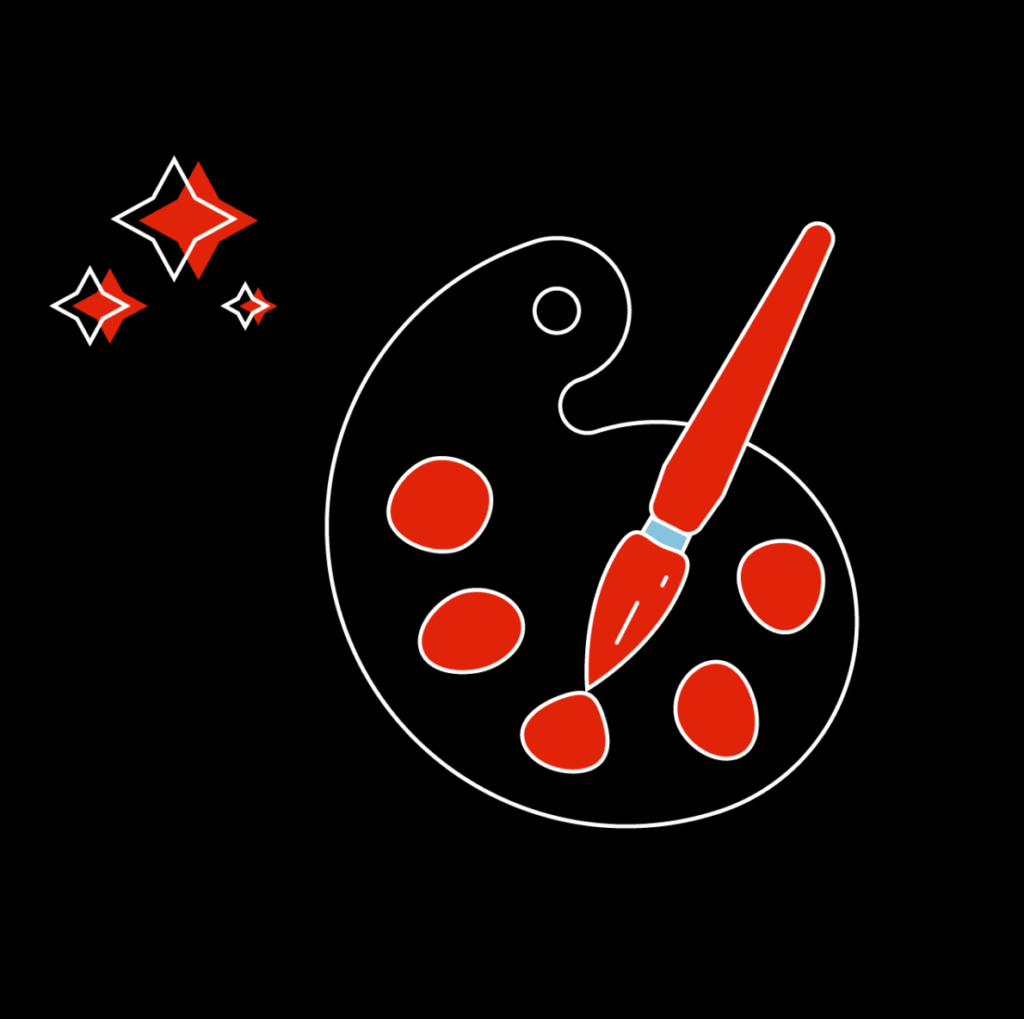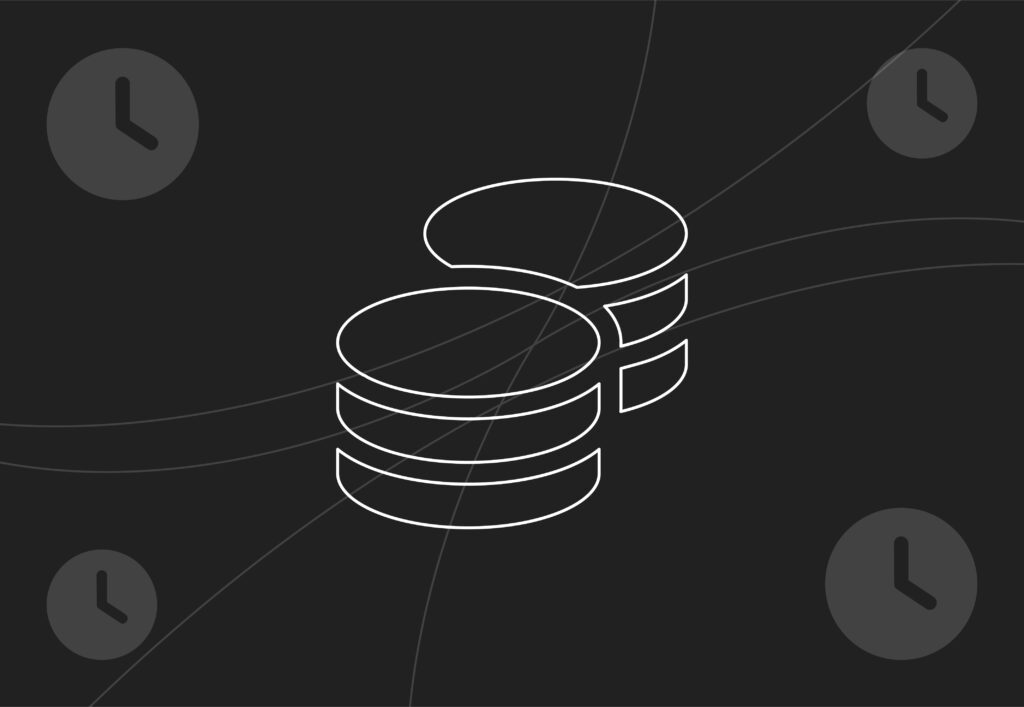
How to minimise the negative effects of social media

Right, let’s be honest and open with each other. How often have you encountered feelings of insecurity, anxiety or inadequacy in response to something you’ve seen on social media? If you’re anything like me, you might be whispering the answer “all the time” at your screen right now.
In 2021, statistics revealed that the global average time spent on various social media platforms per day is around 142 minutes. That’s over 2 hours a day consuming content that can have either positive or negative effects on our views, mental health and overall mood. As a result, it is paramount that we find ways to ensure that our news feeds are flooded with positivity. Whilst it may be true that we cannot 100% control what we are exposed to online on a daily basis, it is possible to alter and tailor our platforms (to an extent) in order to reduce any ‘negative vibes’. By taking just a couple of small steps, you can sweep away any unwanted content (or unwanted friends/connections) and feel encouraged rather than discouraged after a good ol’ scroll of your social accounts.
Essentially, how you are affected by social media is largely determined by how much time we spend on it. Humans are social creatures and in today’s world, we arguably spend more time socialising over a quick Facebook post or in response to a ‘story’. Whilst digital communication has its benefits, it is SO important that we nurture relationships through in-person interactions. Spending too much time experiencing life through our phones can have an extremely adverse effect on our mental health. So, with that in mind, it’s crucial to re-examine our online habits to take a step towards a healthier mind and lifestyle.
For me, social media has been both a blessing and a burden, as I have been guilty of comparing myself to other girls online. I was getting lost in other people’s lifestyles and would often doubt myself and set myself unrealistic goals based on how strangers portrayed themselves online. So, here’s how I made a difference to my social browsing habits:
I know this seems brutal, but sometimes you’ve got to put you first (insert TikTok reference here). Delete toxic friends. Block them if you need to. Social distancing is good for you! If people don’t lift you up, cut them off. I promise you that the satisfaction that comes with cutting these ties is incredible. Take the reins on who views your life updates and who gets to be a part of your life. If you feel judged by anyone, misunderstood by someone or simply just not on the same wavelength as you may have been with a mate back in high school, get rid. It’s perfectly OK to limit who views your posts and it’s fine to keep a small circle.
2. Turn off your notifications
Just because you have a phone doesn’t mean you have to be available. Our social metre can often run low, making it virtually impossible to enjoy communicating with people. Sometimes, the last thing we want to do after a hard day at work is message or call our friends and family – it is absolutely OK to make yourself unavailable. When our phones become bombarded with notifications it can become overwhelming. Believe it or not, social networking Apps are designed to hi-jack our attention and entice us into spending excessive amounts of time on them. Don’t let these sneaky methods get in the way of your downtime. Switch off your notifications as often as you need to to reduce the amount of quality time wasted with your eyes glued to your phone screen! Remember to switch off, spend time with your loved ones and simply disconnect from the virtual world.
3. Follow inspirational accounts
Now that you’ve booted out some of your toxic friends and accounts that make you feel bad about yourself, replace them with accounts that radiate positivity. This was something that really changed my perspective and helped me to understand who I was, how I wanted to view the world and where I wanted to be in life. I was guilty of following hundreds of ‘influencers’ that photoshopped their images and made me feel inadequate and self-conscious. Obviously, this wasn’t something I wanted to keep feeling every time I opened Instagram. I started unfollowing influencers that falsely represented not only their own lives, but women in general. I found Instagram users that embraced their natural beauty and actively pushed uplifting and encouraging messages across their feeds.
For body positivity, self-love and all that ‘real’ stuff: @_nelly_london, @beckyloubutton, @georgiamillie
TikTok is a brilliant platform for exploring new ideas and learning tips and tricks. Instead of becoming fixated on influencer/celebrity content, explore videos that might help you in your personal or professional life. From recipe videos, fitness inspiration and self-help tips to make-up tutorials, career advice and educational content, find the categories that elevate your mood and help you discover new things. TikTok is also littered with videos that are perfect for alleviating anxiety such as ASMR content and visual simulation clips.
Alternatively, use TikTok for endless giggles and a bit of light entertainment during toilet breaks. There’s nothing more positive than comedy!
5. Don’t obsess over negative news
Please understand, social media does not always offer up official news. Now, if you’re following official pages that provide confirmed news, that’s great. However, you can form an ill-informed opinion by reading countless pages which report false information. If you’re dealing with unofficial accounts, you shouldn’t trust them and treat all information as accurate. Additionally, obsessing over news articles and gossip accounts can have a negative impact on our mental health and trigger feelings of anxiety and depression. During uncertain times, such as the COVID-19 Pandemic, it’s easy to get sucked into countless news articles and panic about every detail published online. Do yourself a favour and distance yourself from this occasionally, take a break from content that upsets you.
Ultimately, social networks should be escapism, a peaceful place to bury your head to break away from reality for just a short period of time. It’s a place to express yourself, communicate with loved ones (without neglecting the authenticity of real-life interaction) and connect with communities across the world. You have control over what you see, who you see and how you use social media – don’t let the negative effects of it control you.
Now, enough of the deep and meaningful stuff. Did you know social media can also be used to target users as part of a wider search marketing campaign?



